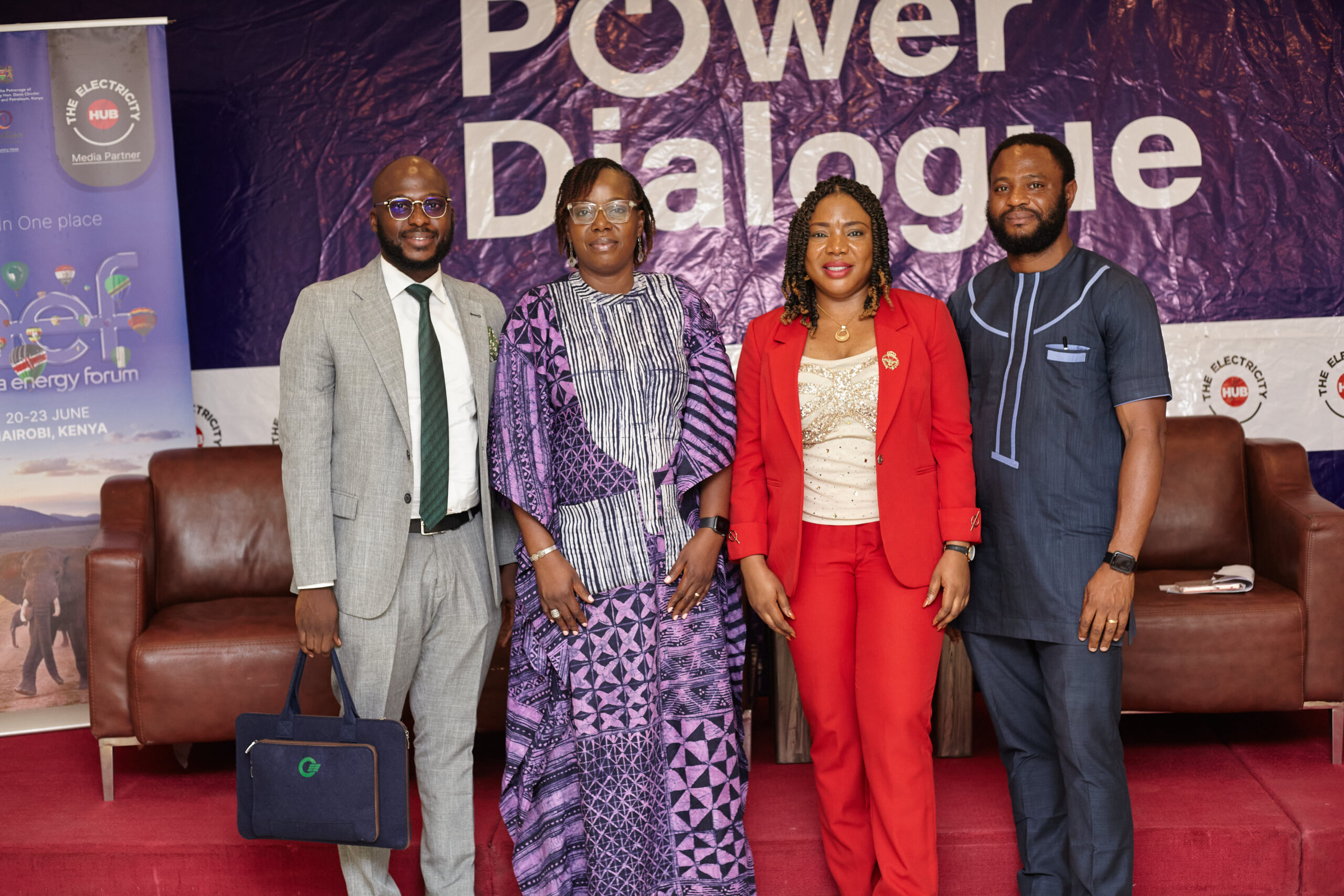By Chesa Chesa
With increasing tariffs amidst inadequate power supply, energy/electricity experts have suggested developing Independent Electricity Distribution Networks (IEDN) to complement the national grid and reduce the energy deficit while boosting economic growth in Nigeria.
According to Nigerian Electricity Regulatory Commission (NERC), an IEDN is a distribution network not directly connected to a transmission system but operated by the system operator. It can be an Isolated off-grid rural, Isolated off-grid urban, or Embedded IEDN.
The energy experts gathered in Abuja during the week at the 83rd Power Dialogue organised by The Electricity Hub (TEH), to discuss ‘Improving Energy Access Through Third-Party Investments: IEDN, Embedded Generation and Franchising’.
TEH, a subsidiary of Nextier Group, is an electricity-focused media organisation that has been converging experts to offer solutions to Nigeria’s electricity supply challenges.
The panel discussants included Engr. Chibueze Ekeh, Chief Executive Officer, CEESOLAR Energy Limited; Henrietta Ighomrore, Head of Corporate Communications, Nigerian Bulk Electricity Trading (NBET) Plc; Engr. Chijioke Okwuokenye, Vice President, Engineering, Konexa; and Olajumoke Delano, Head of Regulatory and Government Relations, Abuja Electricity Distribution Company (AEDC).
They noted that the off-grid infrastructure, IEDN, Embedded generation and franchising all hold great unharnessed potential for increasing energy access and attracting a lot of investments into the Nigerian electricity market.
However, they admitted that possible challenges of each one can provide insight into how the systems can be integrated to close the energy access gap, which prompted the dialogue to discuss the possibilities and challenges of alternate energy generation projects like IEDN, embedded generation and DisCo franchising.
Engr. Okwuokenye posited that despite the glaring opportunities presented by embedded generation, it has not really thrived because of the tariff structure.
He, however, praised the efforts of NERC in improving the tariff structure, which is a green light to the situation in the country.
He also stated that the key issue hindering third-party investments in the past was hinged on the security of the investments, which had to do with the possible time of returns on investment for the parties involved, the DisCos and investors.
Delano noted that beyond the regulation, the capacity of developers involved in the franchise was critical, revenue protection also important, and metering remained a priority.
She explained that in order to successfully recover the revenue, the system had to be properly metered and effectively monitored, and agreements need to be thoroughly stated in the contract between the franchisee and the distribution licensee.
She added: “While the barriers to entry might not be high, there are still a lot of things that you have to consider when going into a franchising agreement”.
Ighomrore said that it was important that the DisCos take responsibility to provide clarity on third-party investments as the recent electricity act has bridged territorial exclusivity in the sector in the bid to close the energy access gap in the country.
Engr. Ekeh pointed out the need for engagement with all the stakeholders in the sector, stating that much needed to be learnt from the traditional mini-grid space to ensure effective consumer engagement in third-party energy distribution.
“We need to seize opportunities to support DisCos and developers by ensuring their opportunities are good enough to attract investors and improve the energy access gap”, Engr. Ekeh added.



